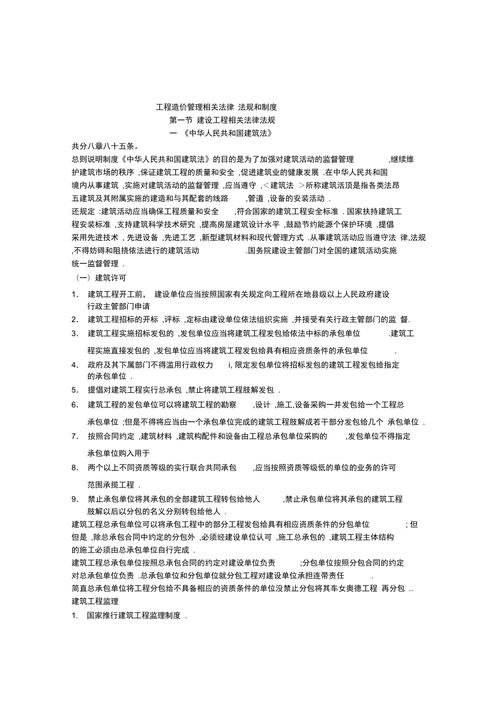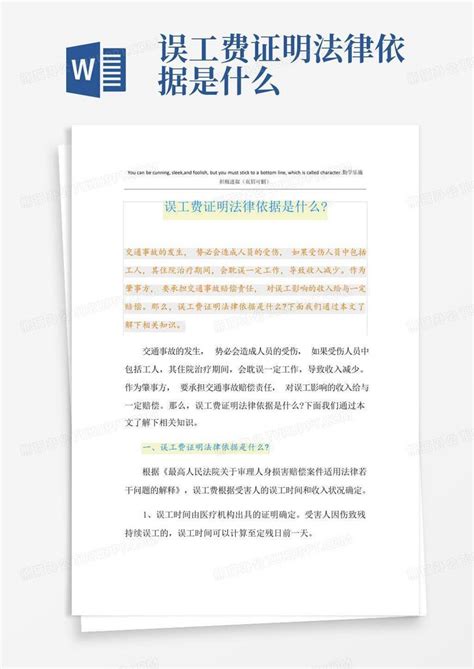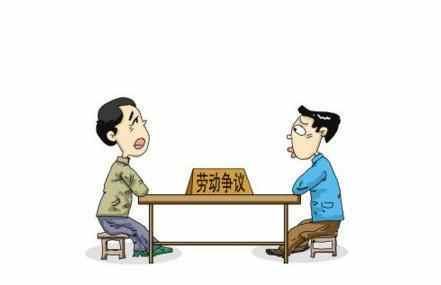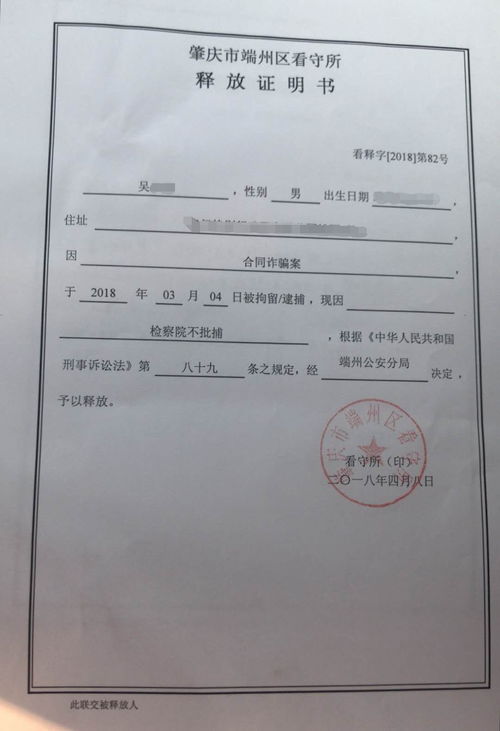Title: The Reliability of the Power of Law
Introduction:
The power of law is a fundamental principle in any society governed by a legal system. It provides a framework for maintaining order, resolving conflicts, and protecting individual rights. In this article, we will explore the reliability of the power of law and its significance in promoting justice and stability in society.
1. Upholding Order:
The power of law is designed to establish and maintain order within a society. Laws create a set of rules and regulations that govern the behavior of individuals, organizations, and institutions. By enforcing these laws, authorities can prevent and deter various forms of criminal activities, ensuring public safety and security.
2. Conflict Resolution:
One essential aspect of the power of law is its role in resolving conflicts. Through legal mechanisms such as courts and dispute resolution processes, individuals and entities can seek fair and just resolutions to their disputes. This prevents resorting to violence or taking matters into one's own hands, promoting a peaceful and orderly society.
3. Protecting Individual Rights:
Laws serve as a protective shield for individual rights and freedoms. They define and safeguard basic human rights, such as freedom of speech, association, and religion. By ensuring these rights are held inviolable, the power of law creates a framework that promotes equality, fairness, and justice.
4. Equal Application:

A crucial element in determining the reliability of the power of law is its equal application to all members of society. The law should be blind to differences in race, gender, religion, or socioeconomic status. When laws are applied consistently and without bias, it enhances confidence in the legal system and fosters social cohesion.
5. Prevention and Deterrence:
Another strength of the power of law lies in its ability to prevent and deter unlawful behavior. By establishing clear consequences for criminal actions, potential offenders are discouraged, and society is protected. Robust legal systems incorporate elements of punishment, rehabilitation, and prevention to maintain social order.
6. Evolving With Society:
The reliability of the power of law depends on its ability to adapt and evolve with changing societal needs and values. Laws should be regularly reviewed and updated to address emerging challenges, technologies, and social dynamics. This ensures that the law remains relevant, effective, and trustworthy.
Conclusion:
The power of law is a reliable force that upholds order, promotes justice, and protects individual rights. Its dependability rests on equal application, conflict resolution, prevention and deterrence, and its ability to evolve with society. As citizens, it is essential to respect and support the power of law, as it forms the bedrock of a just and stable society.












评论